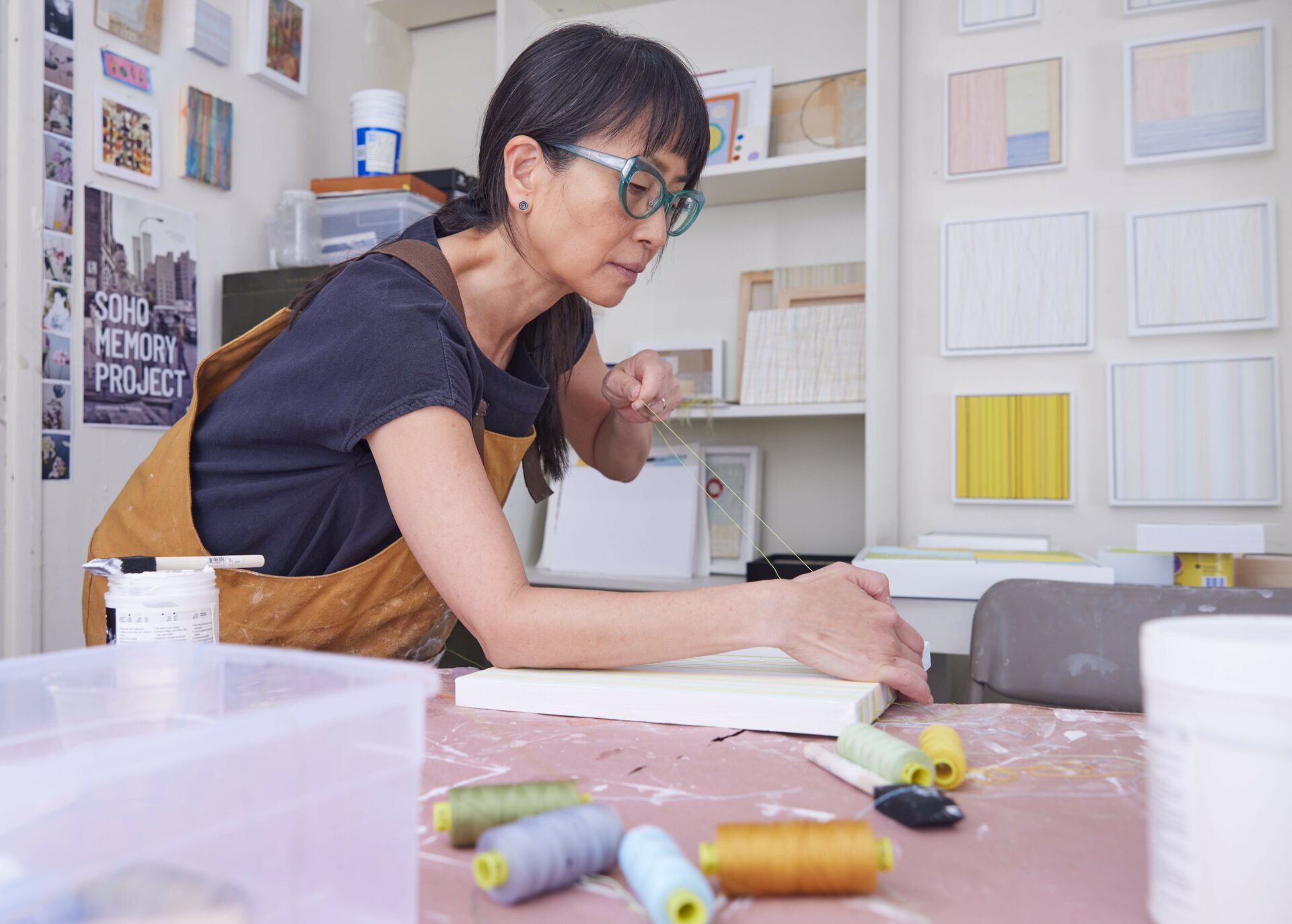We recently connected with Yukie Ohta and have shared our conversation below.
Yukie, so great to be with you and I think a lot of folks are going to benefit from hearing your story and lessons and wisdom. Imposter Syndrome is something that we know how to describe, but it’s something that has held people back forever and so we’re really interested to hear about your story and how you overcame imposter syndrome.
I don’t think I’ll ever completely overcome my imposter syndrome, but now that I have more of my lifetime behind me than ahead, I have the privilege of hindsight. Throughout my life, every time I’ve stepped into a new role or begun a new project, that nagging fear of being discovered as a fraud tugged at me. Since graduating from college, I have been a grants administrator, an editor, a literary translator, a handbag designer, a boutique owner, an archivist, a librarian, and a writer. I have also gone to graduate school twice, once in my twenties and once in my forties. So I’ve had a lot of practice feeling like I don’t belong.
Now, at age 54, I am in the process of entering a sphere in which my younger self would have been crushed by insecurity. I’m announcing to the world that I am an artist. Truth be told, I’ve always been an artist and have been creating art actively since the early-aughts, but I’ve never spoken about it until now.
There are many reasons why I might feel like the queen of all imposters by calling myself an artist out loud. I come from a family of artists and grew up in one of the most famous artist communities in the world: 1970s SoHo, in New York City. As a matter of fact, I still live there, in the building where I grew up among Artists with a capital “A,” one of whom is my partner.
I am proud to say, I’ve finally overcome my feelings of inadequacy by reframing my perspective to take in the whole of my life experience and not just where I am now. This way, I am able to look at my past successes and remind myself that I’ve accomplished a lot over the years. With such a great track record, why couldn’t I succeed again?
This simple act of widening my lens, with the help of a little hindsight, has turned things around for me. The response to my artwork thus far has been overwhelmingly positive. But more importantly, I feel confident and at home in my new identity as a practicing artist (with a lower-case “a” for now), which is really my old one, just with the marquee lights turned on!
Appreciate the insights and wisdom. Before we dig deeper and ask you about the skills that matter and more, maybe you can tell our readers about yourself?
I draw with thread. I create abstract designs by affixing thread with various media on paper and wood. Does that make me a fiber artist? A collage artist? Are my works drawings? They’re not paintings. They fall into that melting pot category called mixed media. A descriptor that defies description.
I’ve always been a mixed media artist, working first with fabric, then paper, and now thread. Over the past twenty years of my practice, I’ve used humble media to chase a humble ideal: In a world that constantly rushes forward, I invite viewers to pause, reflect, and rediscover the tranquility and playfulness hidden in the depths of everyday existence and the beauty of the quiet moments that often slip through the cracks of our busy lives. When working with thread, my artistic process revolves around the idea that negative space is as vital as the thread itself. It’s the pause, the silence, and the absence that give cohesion to the compositions I create.
My art practice has in recent years become my solace, as well as my focus. It has given me the strength to be as generous as possible despite our relentlessly uncharitable present. People turn to art to lift them up during difficult times. As Pablo Picasso once said, “The purpose of art is washing the dust of daily life off our souls.”
Looking back, what do you think were the three qualities, skills, or areas of knowledge that were most impactful in your journey? What advice do you have for folks who are early in their journey in terms of how they can best develop or improve on these?
Looking back at all the things I’ve done in my life, the three qualities that carried me along on my journey are curiosity, bravery, and humility.
Be curious. Curiosity may have killed the cat, but it will also take you places you’ve never been. Throughout my life, I’ve let my curiosity take the lead by listening to people’s stories, asking thoughtful questions, and following up when my interest was piqued. Lifelong learning opens doors and just might lead you to your next big thing.
Be brave. Dare to step into the unknown. It’s much easier to stay where you are, but if you are restless and you’re itching to make a move, do it. Otherwise, in the future you’ll regret not having tried. If you’re lucky, life is long enough to inhabit many roles and spaces.
Be humble. This doesn’t mean being meek or having a low opinion of yourself. On the contrary, humility is empowering in that it lets you see how you can improve yourself, and also how you can lift others up with you. And nobody likes an entitled know-it-all anyway.
As we end our chat, is there a book you can leave people with that’s been meaningful to you and your development?
There are quite a number of books that have played an important role in my development, including In Praise of Shadows, Junichiro Tanizaki’s treatise on Japanese aesthetics, Annie Dillard’s classic The Writing Life, and Brené Brown’s megahit, Daring Greatly.
The book that most recently started a revolution in my brain and heart was Austin Kleon’s Show Your Work! 10 Ways to Share Your Creativity and Get Discovered. It’s a slim, tiny book with lots of drawings and pull quotes that really packs a punch.
Show Your Work is the first in a trilogy of books that also includes Steal Like an Artist: 10 Things Nobody Told You About Being Creative and Keep Going: 10 Ways to Stay Creative in Good Times and Bad. Each of these books contain valuable nuggets of wisdom about making, sharing, and continuing your creative output.
From Show Your Work!:
Forget about being an expert or a professional, and wear your amateurism (your heart, your love) on your sleeve. Share what you love, and the people who love the same things will find you.
Contact Info:
- Website: yukieohta.com
- Instagram: @yukiesoho
- Other: https://vimeo.com/910868825?share=copy
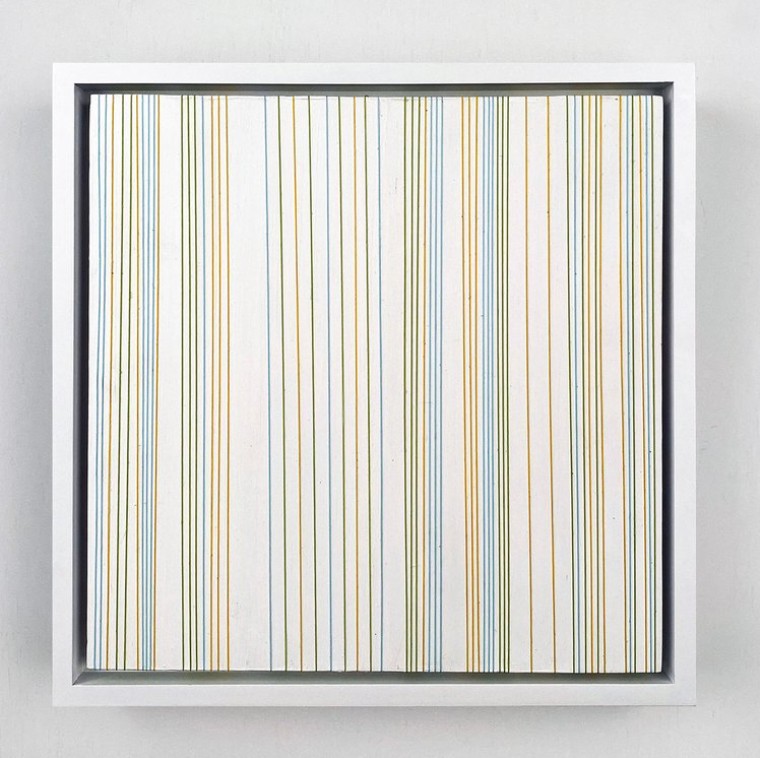
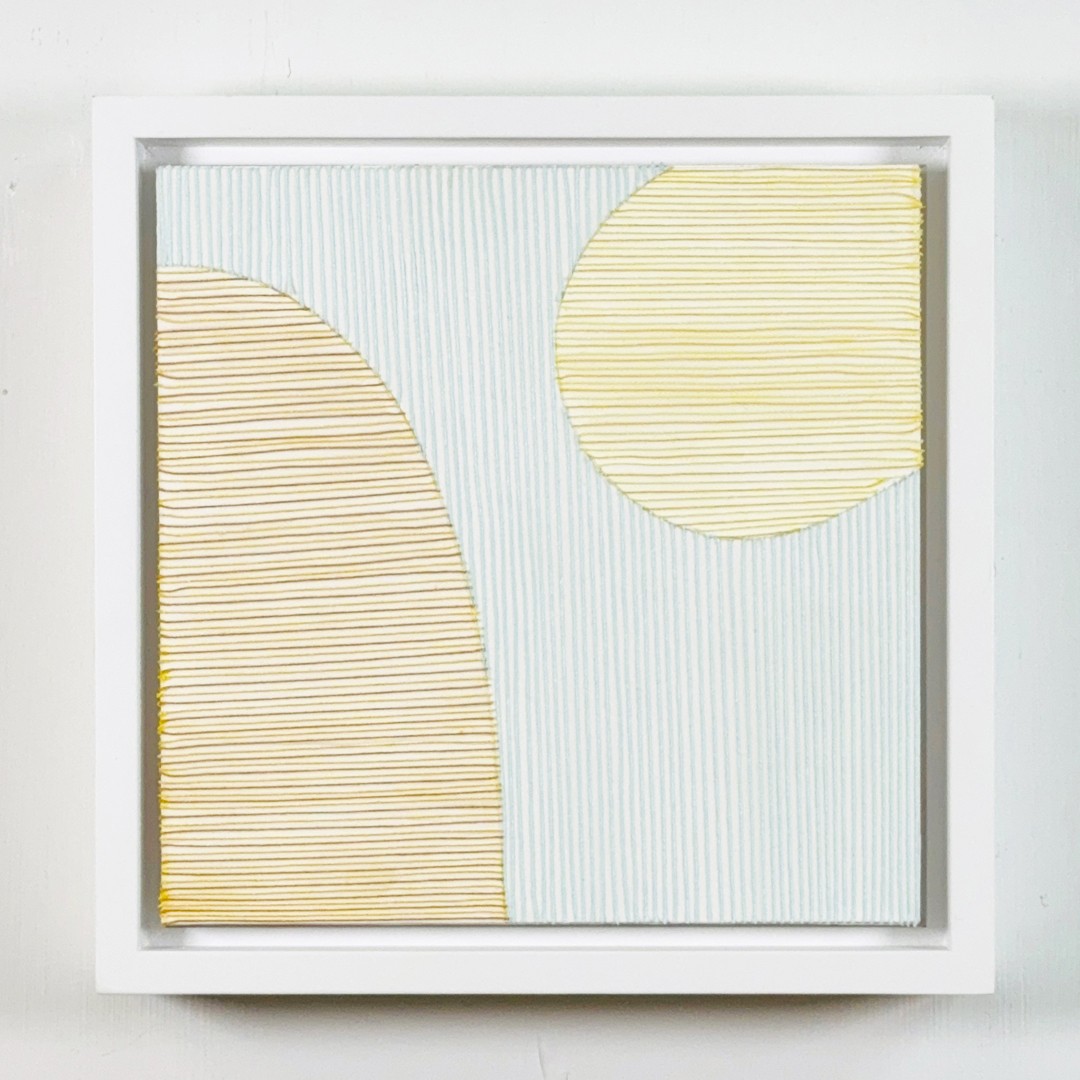
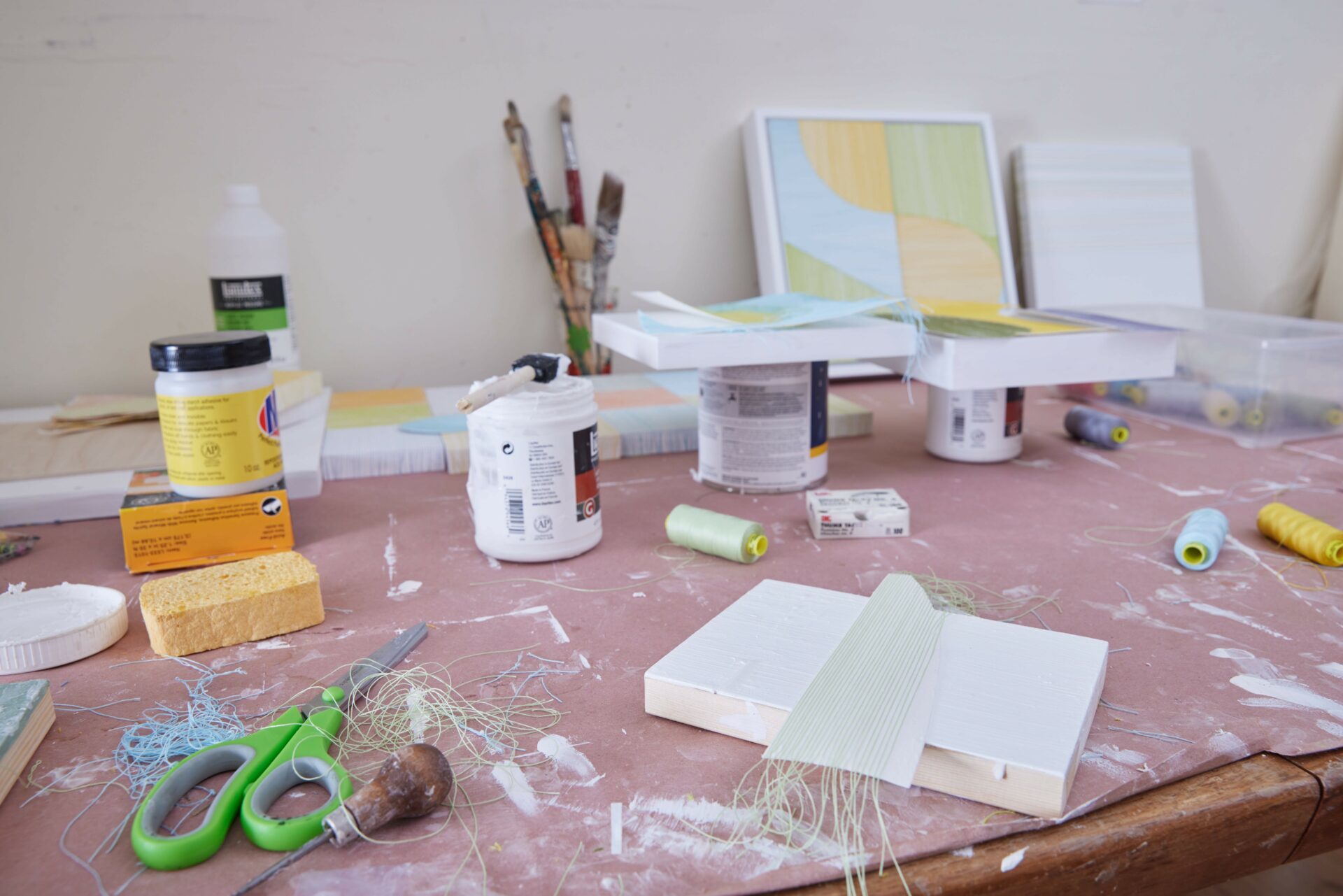
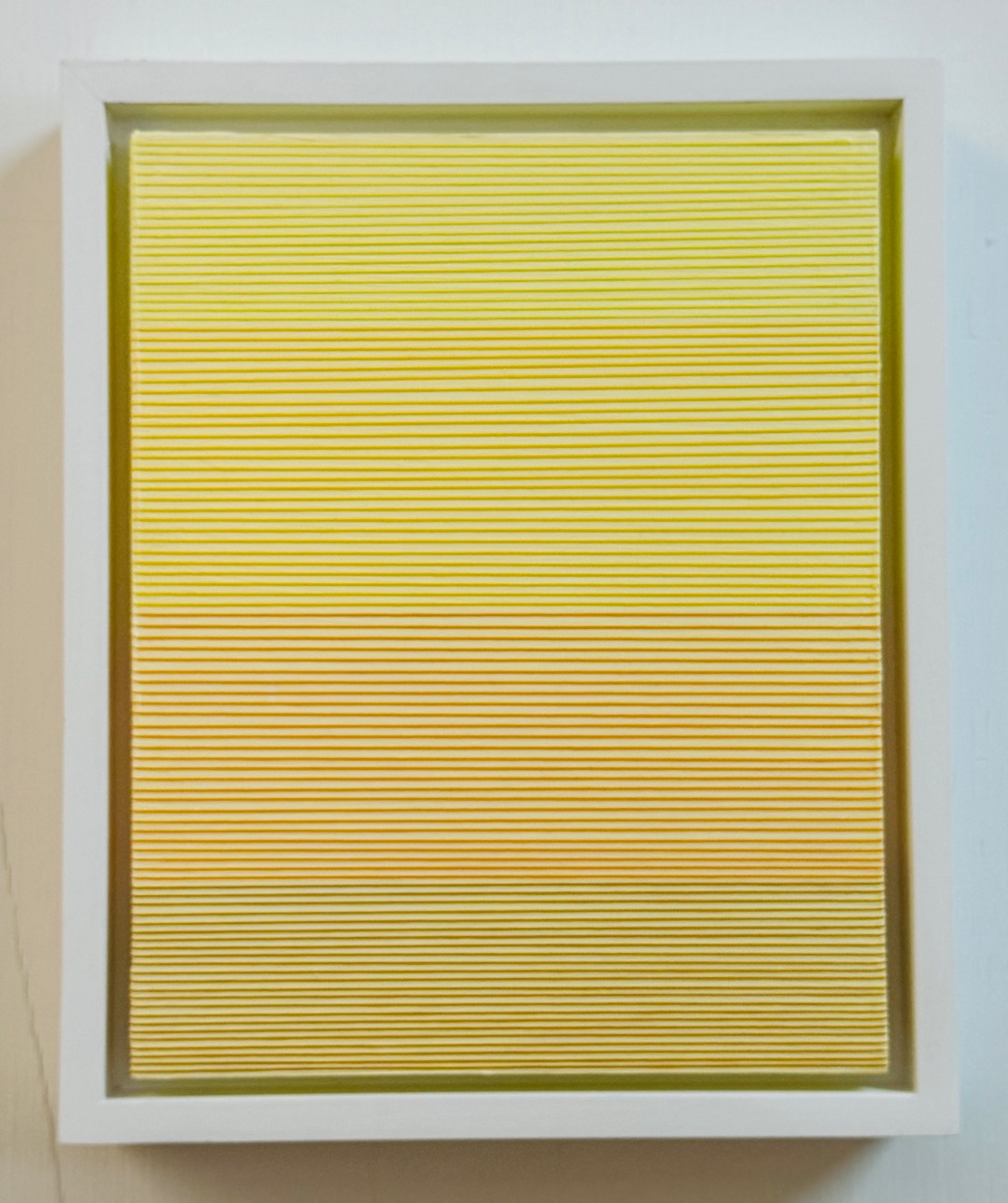
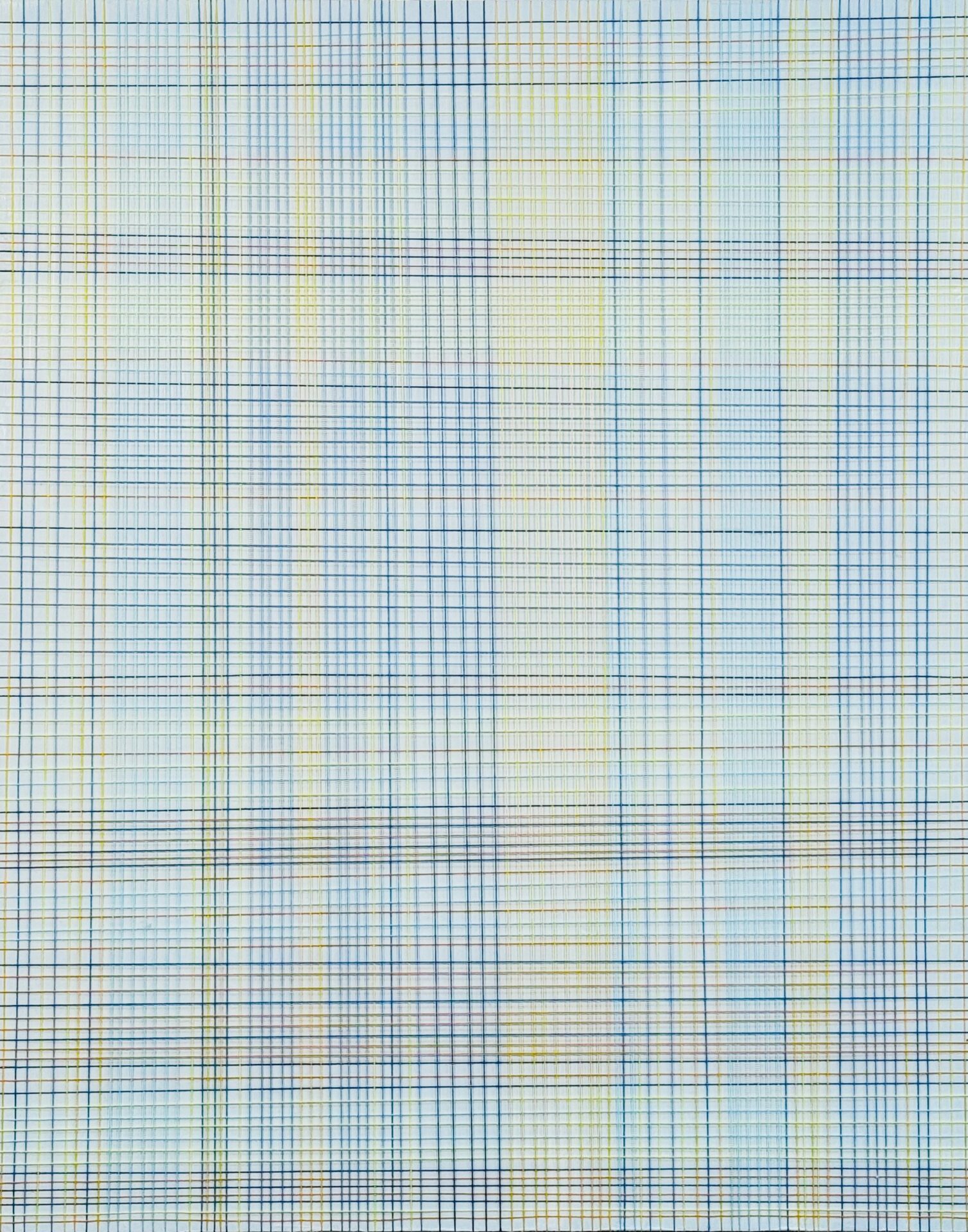
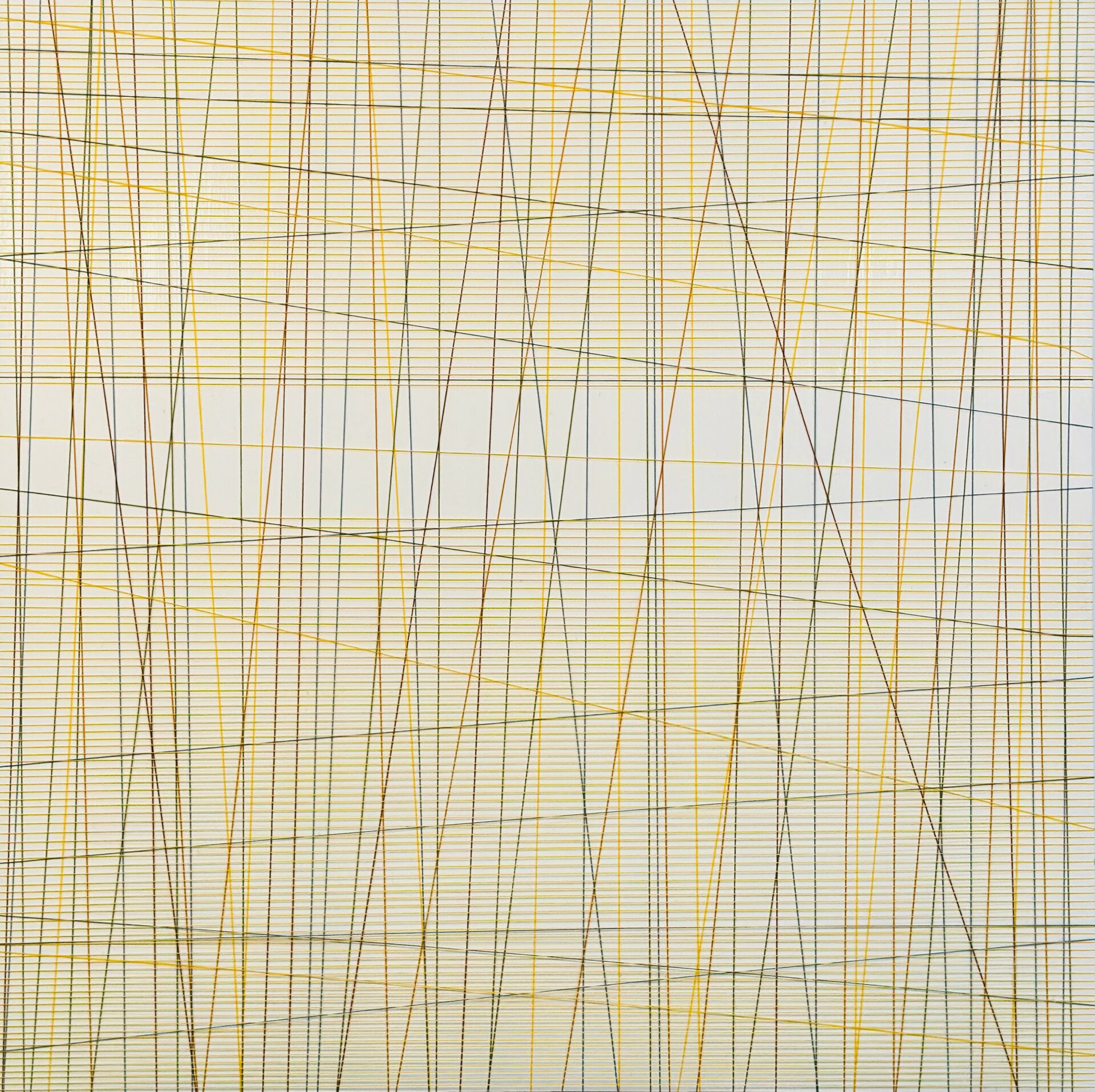
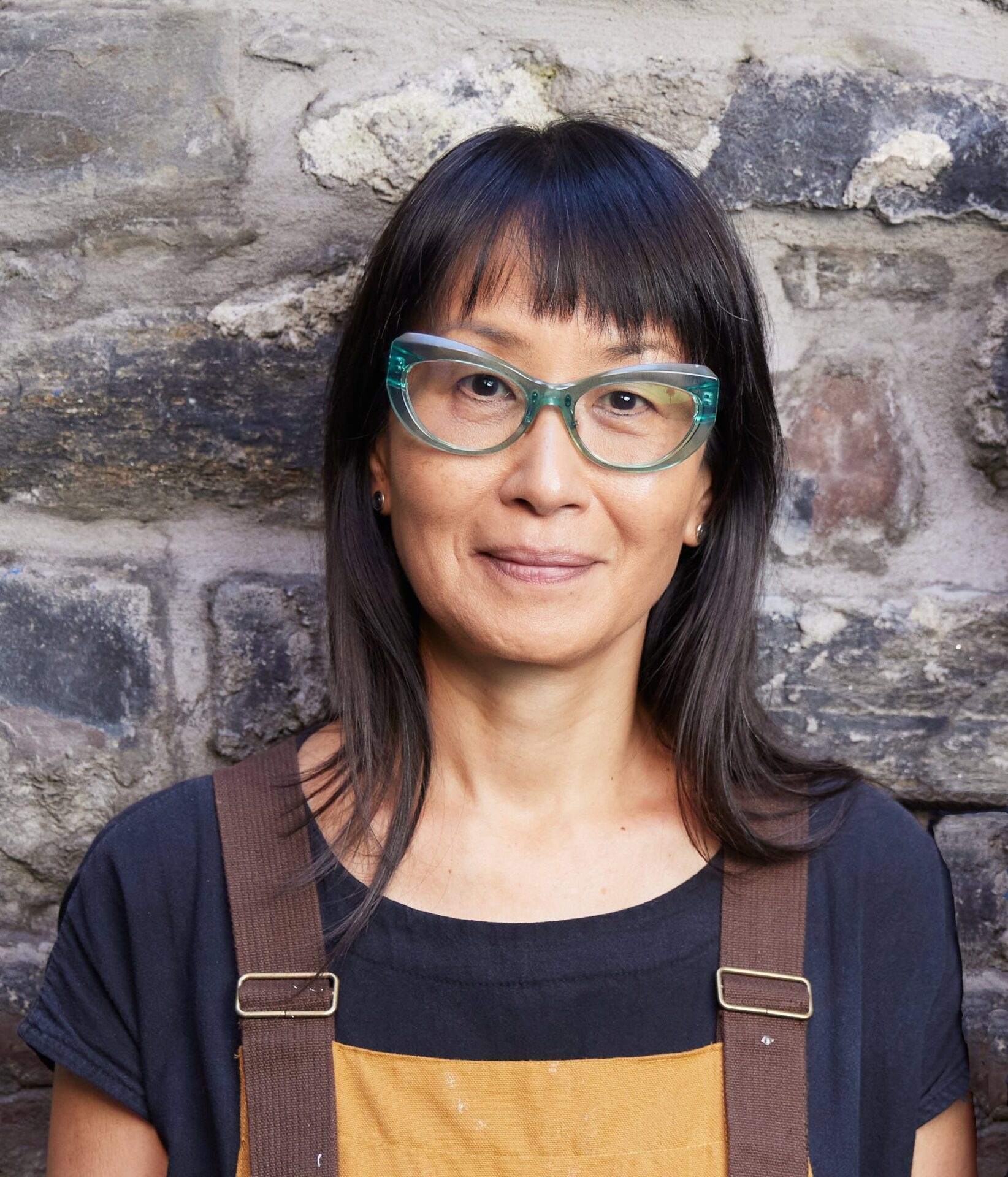
Image Credits
Nick Mango Photography

